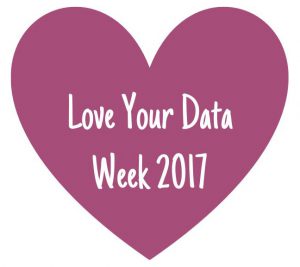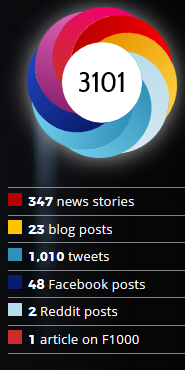![]()
The Final Rule of the FDA Amendments Act of 2007 has updated registration and reporting requirements, effective January 18, 2017, with compliance mandated by April 18, 2017. The purpose of the final rule is to clarify the statutory language, expand the minimum reporting data set, and add critical details throughout the ClinicalTrials.gov record to improve effectiveness and compliance overall.
Important concepts such as “applicable clinical trial,” “secondary outcome measure,” and others have been more clearly defined to better standardize the service, making it easier to comply. The minimum reporting data set has been expanded to include information on race and ethnic background, time frame, adverse effects, statistical analysis plan (SAP), and other details, but the final rule emphasizes that these requirements are a baseline for reporting, and further results are welcome.
Reflecting the Final Rule, the National Institutes of Health (NIH) issued a separate rule, “Clinical Trials Registration and Results Information Submission,” summarizing that NIH-funded investigators must register and report trial results at ClinicalTrials.gov. The new rule emphasizes the role it plays in helping patients finding appropriate clinical trials in which to participate and improves “public trust in clinical research.”
A full analysis of the final rule is available in the New England Journal of Medicine Special Report, Trial Reporting in ClinicalTrials.gov—The Final Rule, in the November 17, 2016, issue.
For more information on data management, refer to the HSLS Data Management Guide, where you will also find contact information for the HSLS Data Management Group members.
~Andrea Ketchum


 The week of February 13–17, 2017, is
The week of February 13–17, 2017, is 
 June Bandemer, former HSLS librarian, passed away Monday, October 24, 2016.
June Bandemer, former HSLS librarian, passed away Monday, October 24, 2016.